How hard can it be to wash your hands? You may be surprised at what you didn’t know.
You may chuckle and say, how hard is it to wash your hands? Soap, water, scrub, rinse. Right? Well, it’s actually not quite that simple.
In a hurry? Download a summary PDF found at the end of this post, that you can print and share with others.
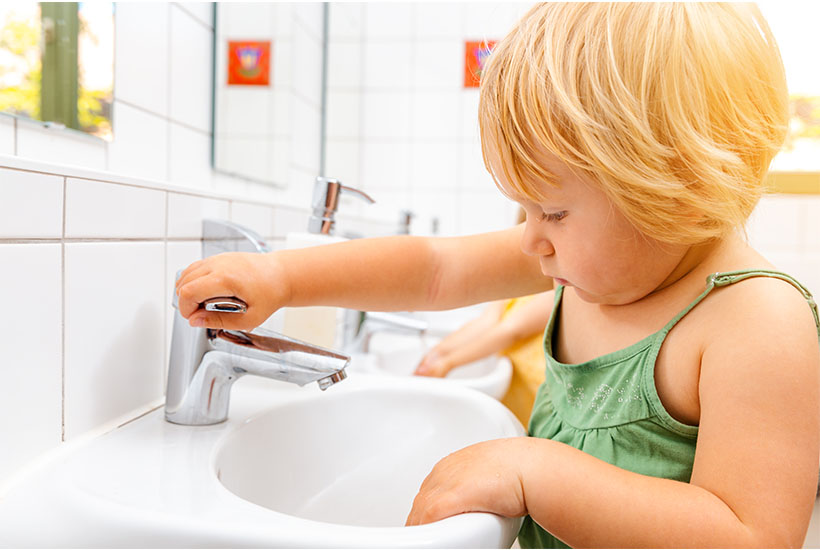
How long should I wash my hands?
For proper handwashing, the CDC recommends scrubbing for at least 20 seconds. In our house, I teach my children to sing the ABC song. If you sing it at a reasonably slow pace it will go over 20 seconds. It is also a great learning opportunity! Counting or reciting a favorite poem can also work. The options are really endless. Do what motivates your child!
Notice the emphasis on at least. It will depend on how dirty the hands are and what you have been exposed to. When we have been out in a public place or my kids come home from school we wash longer.
I also remind them, “fronts, backs, in-betweens!” (always in a singsong voice – they love it) Once they get in the habit, then they don’t need the reminders (one hopes). (These tricks work great for brushing teeth also. Play or sing a song that lasts the full 2 minutes they should be brushing and eventually it becomes a habit!)
Don’t forget the crevices
It is important to get between your fingers and under your nails. I keep a small scrub brush on the bathroom counters for just this purpose. When the kids are out playing in the dirt, only this little scrub brush will get their nails clean. Go gentle though because you can hurt and damage the sensitive nail bed.
Think of how a surgeon scrubs for surgery. They know the proper handwashing technique for sure! While you may not have to be this thorough, they scrub like this for a reason!
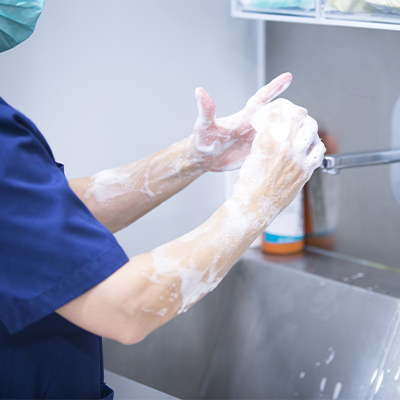
Really, must I scrub???
Yes! The scrubbing creates friction that helps loosen and remove the germs and dirt. It will also get into the hard to see grooves on your skin and the cozy hiding places under your nails. Remember, use that scrub brush for the nails!
Use clean running water
Why can’t I wash my hands in a soapy basin? Isn’t that still proper handwashing? The dirt is still coming off, right? Well, yes and no. Visible dirt will certainly come off. However, microbes are a different story. They will contaminate the washbasin and stay on your hands. Then, whatever else that basin is used for will spread the contamination even further.
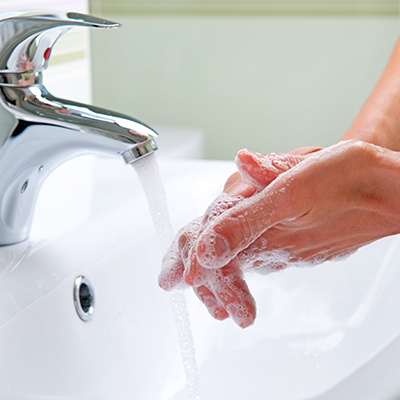
Does the water have to be hot?
The answer to this even surprised me a little. According to the CDC, for proper handwashing, the temperature of the water doesn’t seem to affect the removal of germs. They do point out that warmer water can be more irritating to skin and uses more energy as well. These are all good things to keep in mind.
Are you going to tell me there is a proper way to dry my hands too?
Um, yep! Studies have shown that microbes transfer more easily from wet hands to another surface. So think of all those air dryers in public bathrooms, that have been touched by the wet hands of people who didn’t use proper handwashing techniques. (shudder) That is a whole other rabbit hole for another day.
Studies have shown that towel drying is more effective than air drying. Just please, please, make sure it’s a clean towel. Does that mean you can only use it once? No. Have they done studies on how many times you should use a hand towel or bath towel? Of course, they have! The sources that I have read recommend changing your bath towel after 3-5 uses but ONLY if you can fully dry the towel in between those uses. It is helpful if you can have extra clean towels on hand.
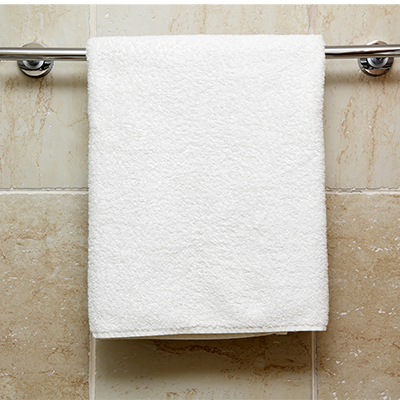
As you may know, bacteria and other things like yeast can cause bad smells. If your towel didn’t dry properly, this becomes a breeding ground for all sorts of microbes. It is always best to hang your towel fully out on a bar and not on a hook. If the towel smells “off”, grab a clean one. I know some people that use a clean towel at every shower (ahem, I won’t name names) and others that could go weeks without washing their bath towels. Gross. I try not to judge, but that’s just gross.
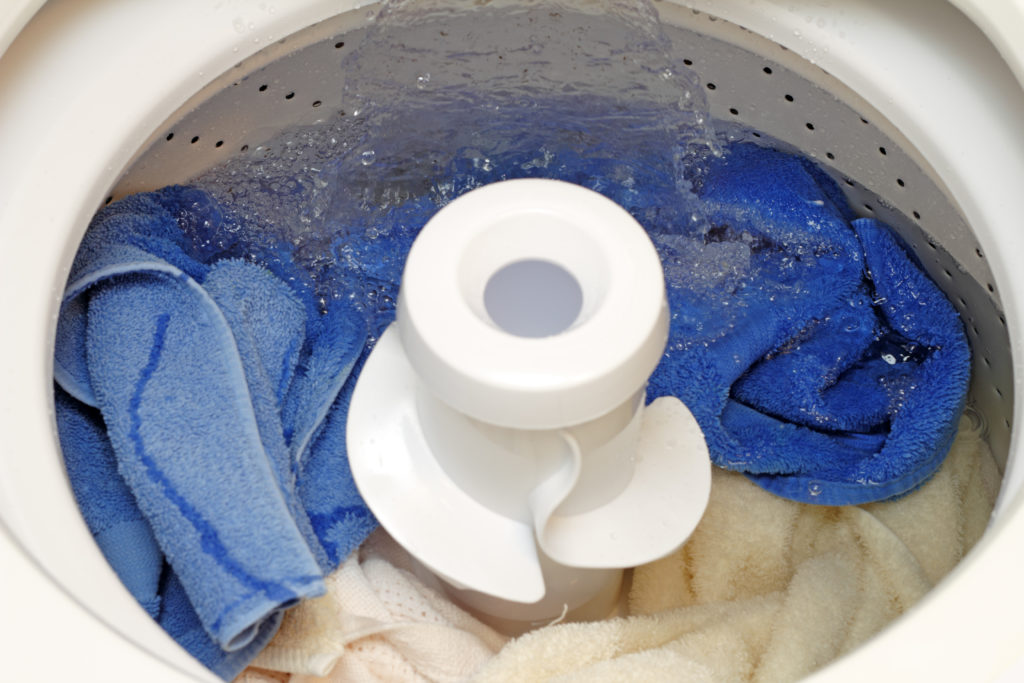
I realize that we need to also be conscious of how much laundry we are creating (water use, energy use, wear and tear, time, etc) but to me, the health of my family outweighs these considerations.
When illness visits your house
Germs can live on towels, especially wet or damp towels. So when the stomach bug is ravaging your house or the flu has come to visit, be prepared to do tons of laundry. Keep extra towels on hand for this reason. They don’t have to be fancy, as long as they are clean.
Experts recommend changing towels every day and not sharing between individuals. This includes hand towels, wash clothes and even kitchen towels! Germs LOVE these damp environments and reproduce very quickly.
Proper handwashing also includes frequently washing your hands, especially when someone is ill. The towels will get very wet, very quickly!
Bottom line: make sure you can dry your towels properly and when in doubt or if the smell is off, toss it in the laundry.
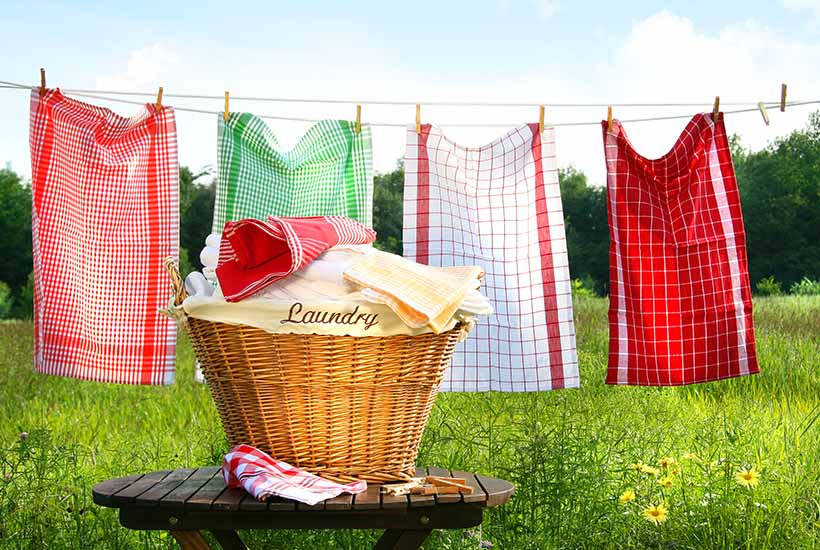
Does the type of soap matter?
There is a common misconception that soaps must be antibacterial or somehow special to get rid of germs.
“To date, studies have shown that there is no added health benefit for consumers (this does not include professionals in the healthcare setting) using soaps containing antibacterial ingredients compared with using plain soap 9, 10. As a result, FDA issued a final rule in September 2016 that 19 ingredients in common “antibacterial” soaps, including triclosan, were no more effective than non-antibacterial soap and water and thus these products are no longer able to be marketed to the general public. This rule does not affect hand sanitizers, wipes, or antibacterial products used in healthcare settings.”
Source: https://www.cdc.gov/handwashing/show-me-the-science-handwashing.html#eighteen
Yes, it is different if you work in healthcare and are exposed to a wide range of microbes daily. For normal home use, regular soap and water are perfectly fine!

This is an interesting article on why antibacterial soaps are bad and why the FDA banned certain ingredients for proper handwashing:
What about hand sanitizer:
Hand sanitizer is great when you do not have access to clean water and soap. When I am out with my children at a public place, I will use wipes and then hand sanitizer until we can get somewhere to do proper handwashing. I will also add a layer of hand sanitizer sometimes after washing hands in a public bathroom because, well, kids touch everything!
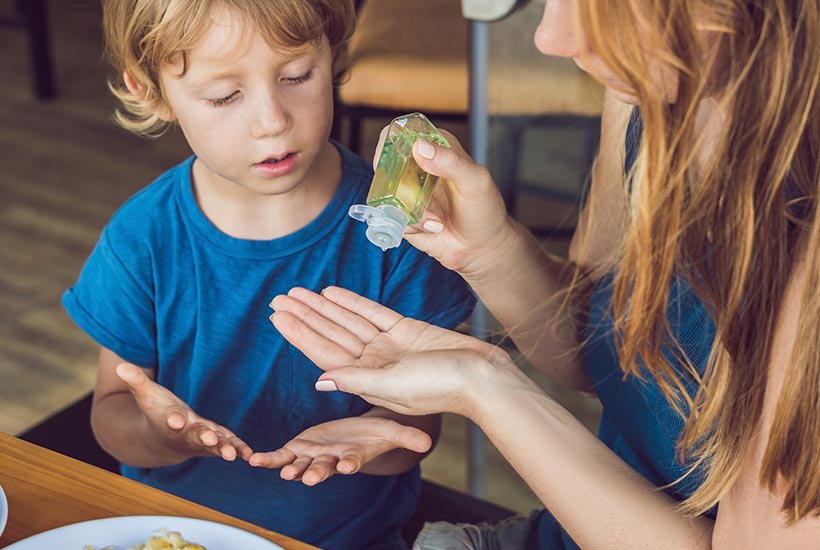
I am careful about using a paper towel to turn off the faucet and open the door but I can’t watch absolutely everything my children have touched or brushed up against. So, to be careful, I add some hand sanitizer.
When hands are visibly greasy or dirty
Studies have shown that hand sanitizer is not as effective on visibly dirty or greasy hands, especially against certain types of germs.
What percentage of alcohol?
Experts recommend that hand sanitizers should have a minimum of 60% alcohol content. You can find the percentage listed on the label as shown here. But remember, hand sanitizer is only recommended when proper handwashing isn’t possible.
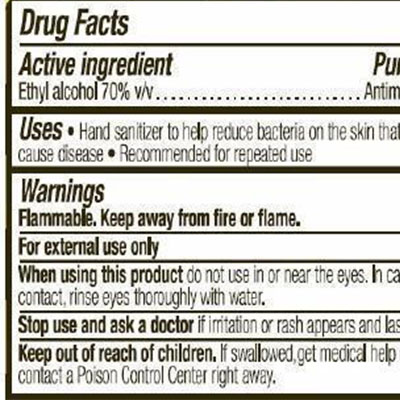
Summary in an easy PDF printable:
Questions?
As always, please feel free to reach out with any questions or comments. I love to hear from you!
The research for those interested:
Cleveland Clinic. (January 16, 2019) How Often Should You Wash Your (Germ Magnet of a) Bath Towel? [blog post]. Retrieved from: https://health.clevelandclinic.org/how-often-should-you-wash-your-germ-magnet-of-a-bath-towel/
Gustafson, DR. et al. (2000, July). Effects of 4 hand-drying methods for removing bacteria from washed hands: a randomized trial. Mayo Clinic Proceedings, 75(7). Retrieved from: https://www.ncbi.nlm.nih.gov/pubmed/10907386
Patrick, DR, et al. (1997, Dec.). Residual moisture determines the level of touch-contact-associated bacterial transfer following hand washing. Epidemiology and Infection, 119(3). Retrieved from: https://www.ncbi.nlm.nih.gov/pubmed/9440435
Jensen, D, et al. (2012, July). Efficacy of Handwashing Duration and Drying Methods. International Association for Food Protection. Retrieved from: https://iafp.confex.com/iafp/2012/webprogram/Paper2281.html
CDC. Show Me the Science – How to Wash Your Hands. Retrieved March 2020 from: https://www.cdc.gov/handwashing/show-me-the-science-handwashing.html#eighteen
American Cleaning Institute. Do I Need to Wash This? Retrieved March 2020 from: https://www.cleaninginstitute.org/cleaning-tips/clothes/laundry-basics/do-i-need-wash
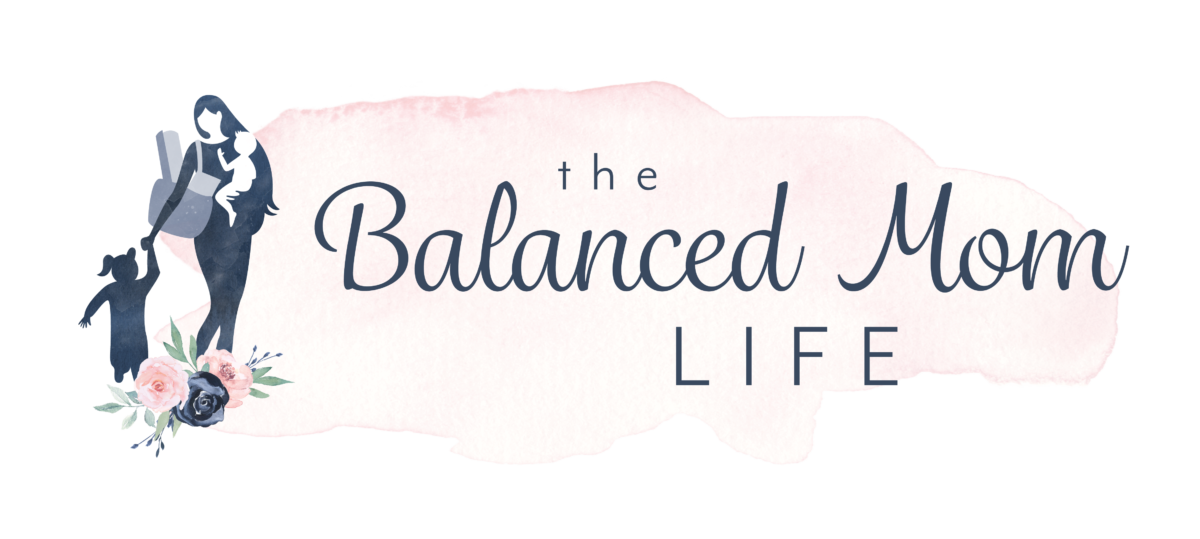

Leave a Reply